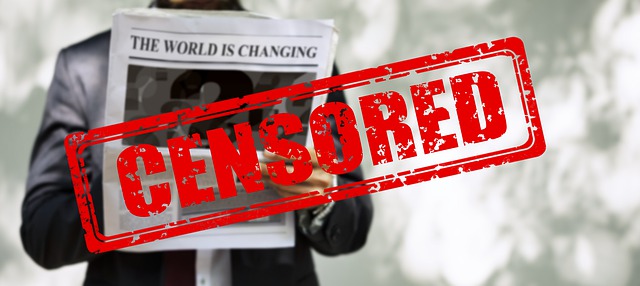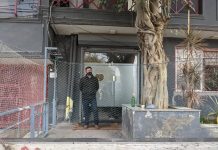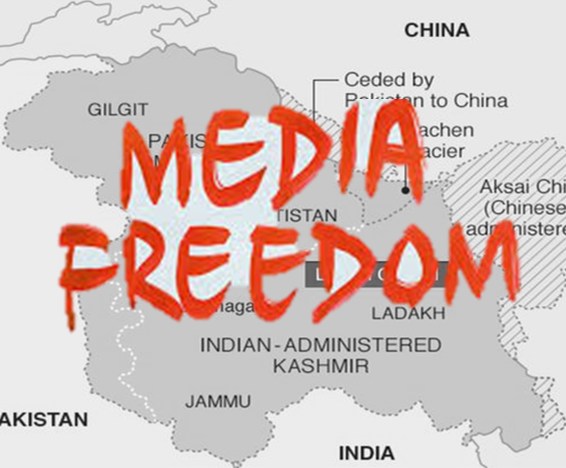
The list was formulated on the basis of CPJ’s research into the censorship tactics used by authoritarian governments, ranging from imprisonment and repressive laws to surveillance of journalists and restrictions on internet and social media access.
The results highlight that authoritarian nations double-down on censorship as many countries on the list were found to combine traditional censorship tactics such as imprisonment and harassment with the use of sophisticated surveillance technology and targeted online campaigns.
While Eritrea topped, North Korea and Turkmenistan are ranked second and third, respectively. Rounding out the 10 are Saudi Arabia, China, Vietnam, Iran, Equatorial Guinea, Belarus, and Cuba.
These countries, the report states, flout international freedom of expression norms and guarantees by jailing reporters, using the state media as a mouthpiece for the regime, and forcing independent journalists into exile.
The US-based media watchdog report also states that the worst three countries for press censorship – Eritrea, North Korea and Turkmenistan – use the media “as a mouthpiece of the state, and independent journalism is conducted from exile”.
In Eritrea, the report notes, the state retains a legal monopoly of broadcast media and journalists’ alternative sources of information, such as the internet or satellite broadcasts of radio stations in exile. These are restricted via government-controlled internet services.
It also says that Eritrea was “the worst jailer of journalists in sub-Saharan Africa, with at least 16 journalists behind bars as of December, 2018.”
“Most have been imprisoned since the 2001 crackdown, and none received a trial,” the report says, adding that “as many as seven journalists may have perished in custody.”
Other countries on the top 10 list “use a combination of blunt tactics like harassment and arbitrary detention as well as sophisticated surveillance and targeted hacking to silence the independent press,” the report adds.
Saudi Arabia, China, Vietnam and Iran – ranked fourth to seventh, respectively – were cited in the CPJ report for “jailing and harassing journalists and their families, while also engaging in digital monitoring and censorship of the internet and social media.”
CPJ Executive Director Joel Simon argues that censorship continues to thrive despite global efforts to remove it.
“The internet was supposed to make censorship obsolete, but that hasn’t happened. Many of the world’s most censored countries are highly wired, with active online communities. These governments combine old-style brutality with new technology, often purchased from Western companies, to stifle dissent and control the media,” he added.
The 10 Most Censored methodology, used in the research, assesses countries based on the tactics their governments used to restrict press freedom, including the existence of criminal defamation or “false news” laws, digital and physical surveillance of journalists, blocking of news websites, restrictions on privately owned media, exclusion of foreign correspondents, and targeted hacking or trolling campaigns.
The list, however, addresses only those countries where the government tightly controls the media. The conditions for journalists and press freedom in countries such as Syria, Yemen, and Somalia are also “extremely difficult, but not necessarily attributable solely to government censorship,” the report states.













